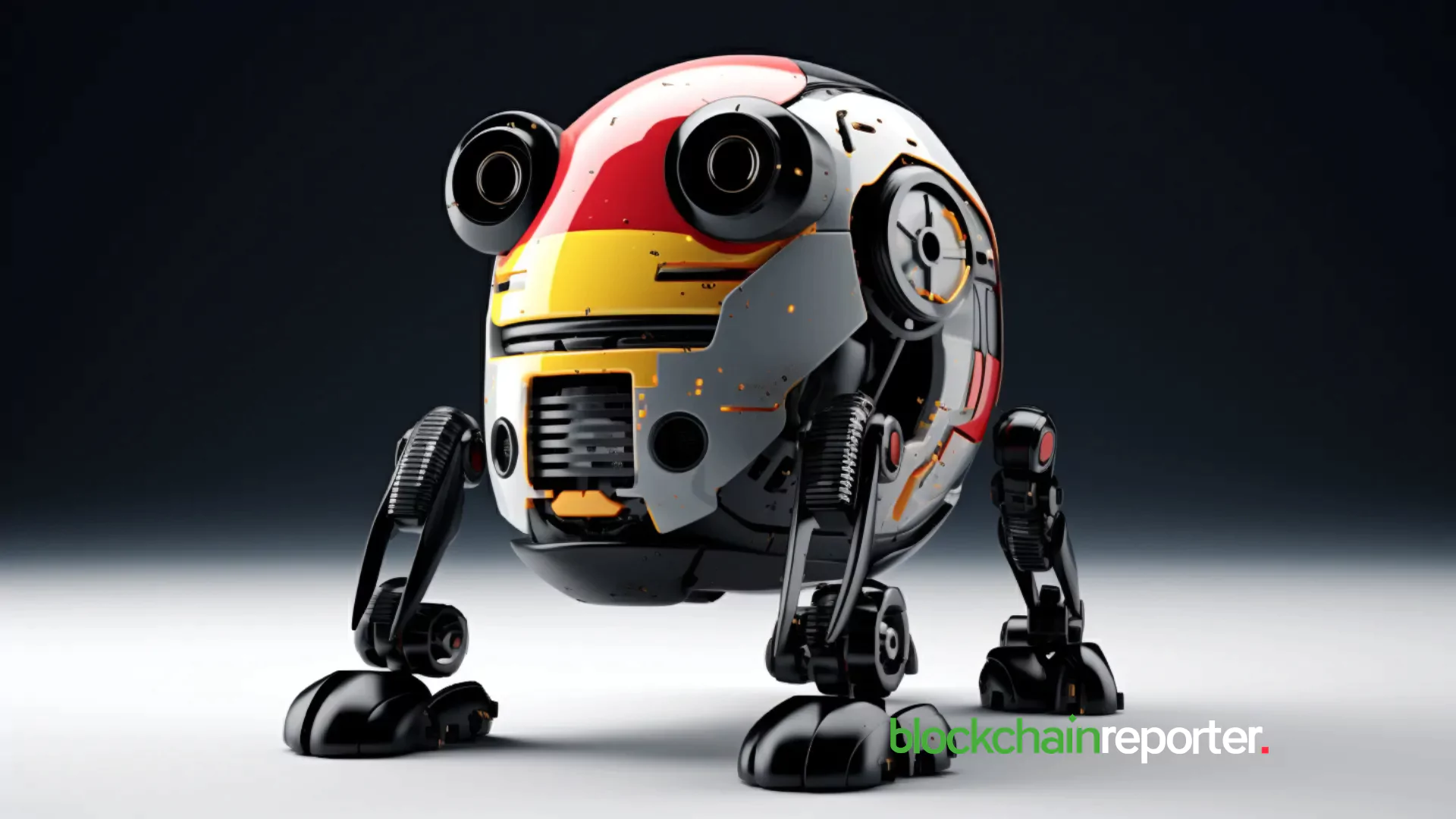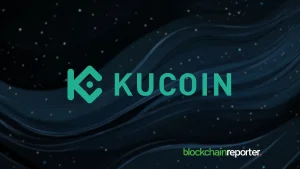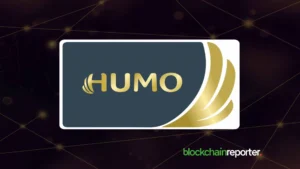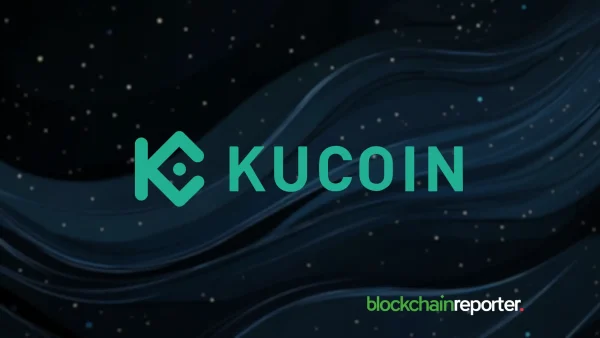
- 0.2. Bosch's Leap into Web3 with DePIN Device
- 0.4. Introducing the Bosch XDK110 Rapid Prototyping Kit
- 0.6. Collaboration with Peaq and Fetch.ai
- 0.8. Bosch's Focus on Blockchain Neutrality and Privacy
- 0.10. Showcasing at the University of Applied Sciences in Saarbruecken
- 0.12. EU's Emphasis on Privacy and Web3 Technologies
- 0.14. Token Incentives and Blockchain Flexibility
- 0.16. Conclusion: A New Paradigm in Data Utilization and Rewards
Bosch’s Leap into Web3 with DePIN Device
German industrial giant Bosch is making significant strides in the Web3 domain with its latest innovation: a compact device designed to gather real-world data. This tool, part of the Decentralized Physical Infrastructure Networks (DePIN), marks a notable shift in data monetization and cryptocurrency rewards.
Introducing the Bosch XDK110 Rapid Prototyping Kit
The Bosch XDK110 Rapid Prototyping Kit is a multifunctional sensor that collects environmental data such as weather conditions, light, noise levels, and seismic activities. Unique to this device is its ability to earn cryptocurrency rewards for its users, bypassing traditional centralized systems.
Collaboration with Peaq and Fetch.ai
The device leverages its unique digital identity to interact with peaq on the Kusama network, a precursor to the Polkadot blockchain. Bosch’s collaboration with peaq and Fetch.ai introduces an autonomous AI system that optimizes the device’s functioning to maximize rewards for owners. Fetch.ai’s DeltaV marketplace plays a pivotal role in connecting data consumers with decentralized data providers.
Bosch’s Focus on Blockchain Neutrality and Privacy
According to Peter Busch from Bosch’s distributed ledger technologies mobility team, the company is not committed to a single blockchain but instead focuses on data sovereignty and privacy. The integration of self-sovereign identity technologies ensures more anonymous and secure personal data usage.
Showcasing at the University of Applied Sciences in Saarbruecken
This collaboration was demonstrated through a proof-of-concept at a recent hackathon event in Saarbruecken, Germany. Bosch and Fetch.ai’s partnership primarily revolves around privacy-preserving data sharing, integrating AI agents for autonomous machine operations.
EU’s Emphasis on Privacy and Web3 Technologies
The European Union is increasingly advocating for technologies that empower privacy and data sovereignty, as indicated by Bosch’s initiatives. The collaboration with peaq, for example, illustrates decentralized interactions between cars and charging stations while maintaining driver data privacy.
Token Incentives and Blockchain Flexibility
The deployment of Bosch’s DePIN devices is incentivized through token rewards, reminiscent of models like Helium’s wireless data network. Notably, these payments can be processed on various blockchain platforms, including Fetch.ai and peaq on Polkadot, and even integrate with traditional Web2 systems using APIs.
Conclusion: A New Paradigm in Data Utilization and Rewards
Bosch’s foray into Web3 with its DePIN device signals a new era in how user-generated data is utilized and monetized. This venture not only underscores the potential of blockchain technology in enhancing privacy and data sovereignty but also opens up new avenues for users to earn through data sharing. The Bosch XDK110 Rapid Prototyping Kit stands as a testament to the evolving landscape of Web3 and the growing importance of decentralized data ecosystems.









